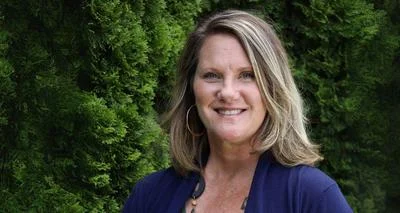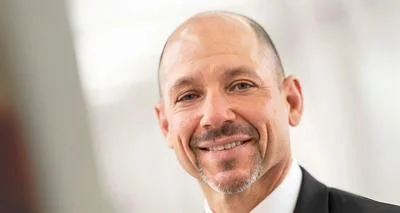Senator Chris Larson District 7 | Official U.S. Senate headshot
Senator Chris Larson District 7 | Official U.S. Senate headshot
A significant funding gap in special education services is being implicated as a driving force behind the increasing number of district operating referenda in Wisconsin. Public schools face substantial shortfalls in reimbursement for special education costs, while private schools benefit from a more favorable funding formula. This imbalance in funding has led to a staggering $1.2 billion deficit for Wisconsin districts in the 2022-23 school year.
The disparity becomes evident when comparing the reimbursement rates for special education services. Public schools receive a base reimbursement rate of 33%, leaving them with approximately 60% of their special education costs uncovered. In contrast, private schools under the Special Needs Scholarship Program enjoy a guaranteed 90% reimbursement rate, catering to a significantly smaller number of students.
An analysis of 68 districts with operating referenda in the spring of 2024 revealed a concerning correlation between unreimbursed special education costs and the funds sought through referenda. In some instances, the unreimbursed costs exceeded the referendum amount, highlighting the strain on public school finances. The recent Milwaukee Public Schools referendum, totaling $252 million, saw a substantial portion ($143.5 million) linked to unreimbursed special education expenses.
With referendum passage rates declining and public school funding at risk, calls are being made for legislative action to address the funding gap. Governor Evers proposed a plan to increase reimbursement rates for public schools in the state budget, aiming to reach 60% reimbursement initially and 90% in the future. However, this proposal faced rejection from the Republican-controlled legislature.
Estimates suggest that achieving parity in funding for public schools would require an additional $969.6 million annually, a feasible investment given the state's projected surplus. By shifting these costs to the state level, a more equitable distribution of the financial burden among taxpayers could be achieved.
As Wisconsin observes Teacher Appreciation Week, advocates emphasize the urgency of supporting educators and ensuring equitable funding for all students. The current funding discrepancies underscore the need for reform to safeguard the quality of public education in the state.






 Alerts Sign-up
Alerts Sign-up